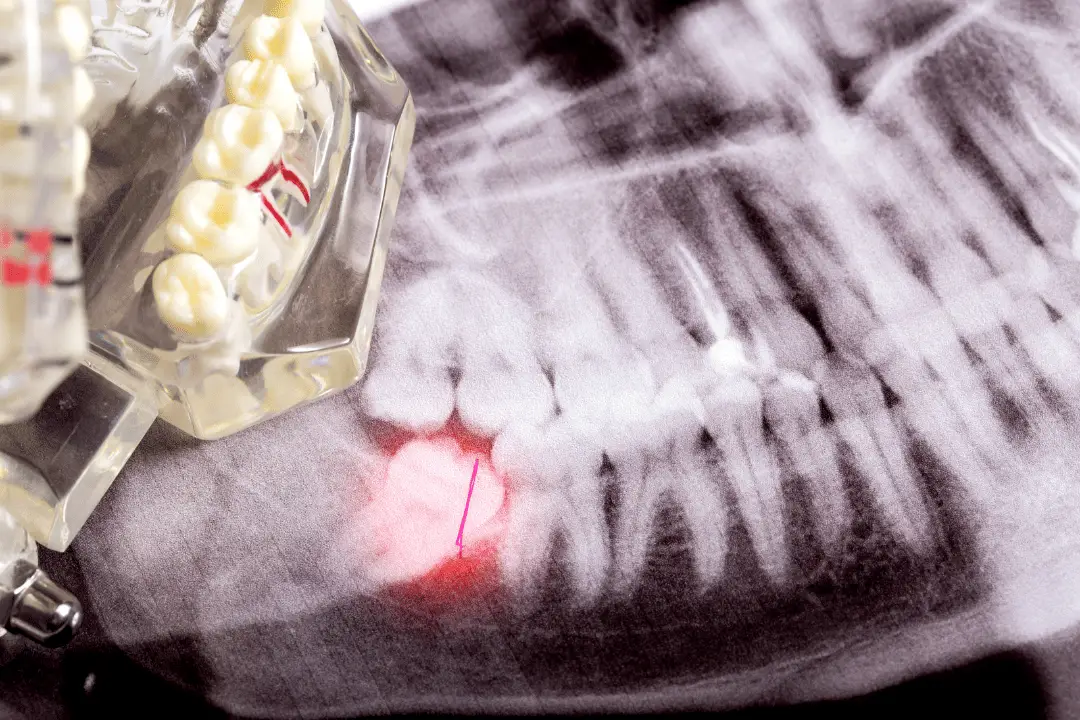Impacted Teeth Removal

Understanding Impacted Teeth
The Role of Maxillofacial Surgery
Types of Impactions
There are different types of impacted teeth, each requiring a tailored approach for removal:
Soft Tissue Impaction:
The tooth is partially covered by gum tissue and may cause inflammation or infection.
Partial Bony Impaction:
The tooth is partially covered by bone and gum tissue, potentially leading to pain and swelling.
Complete Bony Impaction:
The tooth is fully encased in bone, requiring more complex surgical techniques for removal.
The Impacted Teeth Removal Procedure
The process of impacted teeth removal involves several stages:
Consultation and Examination:
A thorough examination, including X-rays and possibly 3D scans, is conducted to assess the positioning of the impacted tooth and determine the most suitable removal approach.
Anesthesia:
Local or general anesthesia is administered to ensure the patient's comfort during the procedure.
Incision:
For complete bony impactions, the surgeon makes a small incision in the gum tissue to access the tooth and underlying bone.
Extraction:
Using specialized tools, the surgeon carefully removes the impacted tooth, minimizing trauma to surrounding tissues.
Closure:
The incision is closed with dissolvable sutures, and gauze may be placed to control bleeding.
Benefits of Maxillofacial Surgery for Impacted Teeth Removal
Relief from Pain and Discomfort:
Impacted teeth often cause pain, swelling, and discomfort. Removal of these teeth can provide immediate relief and prevent further complications.
Prevention of Oral Health Issues:
Impacted teeth can lead to infections, cyst formation, and damage to adjacent teeth. Surgery prevents these potential complications.
Improved Oral Hygiene:
Impacted teeth are challenging to clean properly, increasing the risk of decay and gum disease. Removal facilitates better oral hygiene.
Enhanced Oral Function:
Impacted teeth can affect biting and chewing. Their removal restores normal oral function.
Preservation of Adjacent Structures:
Removing impacted teeth can prevent damage to adjacent teeth and bone.
Recovery and Aftercare
Maxillofacial surgery for impacted teeth removal offers a comprehensive solution to a common oral health issue. By seeking the expertise of a skilled maxillofacial surgeon, patients can experience relief from pain, improved oral health, enhanced function, and aesthetic restoration. If you or a loved one is dealing with impacted teeth, consider exploring the benefits of maxillofacial surgery as a pathway to optimal oral well-being.
